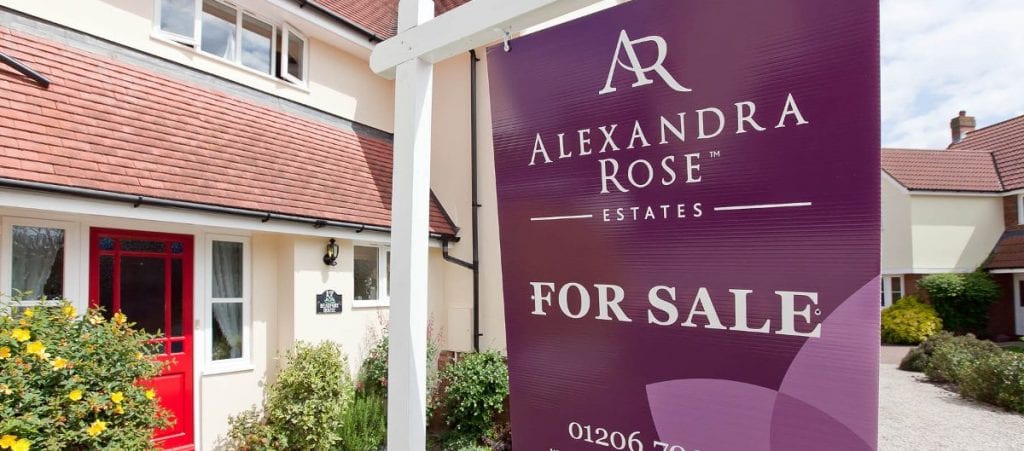The average UK house price.
The start of the new year always comes with predictions and comparisons, that is to say looking back over the previous year’s housing activity and data and looking forward to how the property market may perform on a monthly, quarterly or yearly basis. One of the main figures used to indicate performance is the average UK house price, but what does that really tell you on its own?
I am probably not alone in being rather sceptical when there is any reference to UK average house price, especially when at any given time the difference region by region can be quite staggering, for instance recently published figures from the Nationwide Building Society – – suggest that UK house prices rose 7.2% during the last year, however prices in London rose by 17.8% over the course of the year, compared with 1.4% in Wales, figures used by the same lender.
Averages are an important measure for economists who use all their statistical data to feed government departments to allow them to make decisions for the country as a whole, but to the guy on the street they are very misleading, and in most cases give a very warped view of what is really happening in the property market, especially where people live or want to live. How many times have we seen the headlines “Average houseprice in the UK rose by 1.6% in the month of ……” not much use to those living where infact house prices may have dropped. To get any real understanding as to what is happening in the market at any given time the best indicator is the regional average house price index.
It appears analysts are suggesting slower growth in 2015 than was the case in the year just gone. experts seem to be pretty much in agreement as per a chart published by the BBC that growth in property prices this year will be about 4%, compared to last year actual change of 7.2%
Year Ahead
So going forward what factors will come into play to upset any predictions that may be on the table? We have already discussed the mortgage changes that have seen stricter rules being introduced, that has already had an effect on mortgage approvals based on the last set of figures which showed a decline in actual approvals for November, this will continue to affect the market. The stamp duty changes on property introduced by the chancellor in the autumn statement were welcome but were not seen to have any long lasting effect as we go into 2015.
The election will be on everyones mind now as we move closer to the month of May, the media will play this one out bigtime as the odds of another coalition government look pretty much on the cards, this may have an effect of holding would be buyers back until after the election when the politcal picture is clearer, this may have greater relevance to agents targeting overseas buyers. On a wider political scale Europe will be very much in the news with the possible departure of Greece from the Euro, even our own membership of the European Union may be in doubt, depending on which party or coalition gets to govern. A few other factors like the present oil crisis could be detrimental to the economy if it continues too long or even worse and takes us down the road of deflation. So any forecasters will be putting their reputation on the line for what I see as a difficult prediction for 2015 taking into account the aforementioned factors. Lets hope we do see that 4% growth figure and that it reflects stronger growth outside of London and the South East and a levelling out in London and the suburbs, that would surely be better for all.









